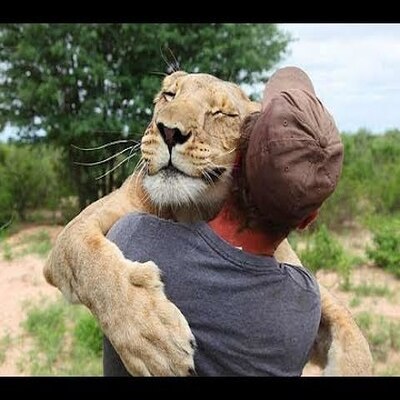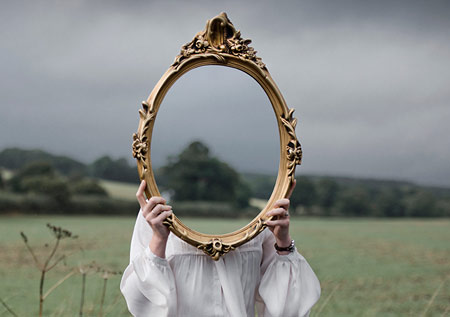
We are living in times where we are told that society is becoming more compassionate. With new ‘tolerances’ of things such as skin colour and mental health and gender. However, how true is this?
In the global game of football, we are reading more and more about the racist abuse of African players in predominately white cultures. The debate rages but not on how to stamp it out but whether it has always been there and is now only being highlighted as there is growing awareness of it in the media. The media, it is important to note, has been complicit in some of the most racist actions not only throughout history but also now. But this week we will be focusing on mental health.
A friend of mine has recently been diagnosed with a mental health problem, or, to be more ‘accurate’, disorder. Already we have a problem as this friend of mine is being singled out as having ‘something wrong with her’, denoted by the very words used, ‘problem’ and ‘disorder’, as though her being herself means there is something wrong with her. She told me that she was told, after disclosing her ‘condition’, ‘not to feel ashamed’.
Before there were two categories- normal and not normal. Understandably these terms were deemed to be offensive and were replaced with ‘neuro-typical’ and ‘not neuro-typical’. Readers may notice that the words used to replace the ‘offensive’ words are synonyms of the words they are replacing with neuro-typical meaning neurologically normal. Already our ‘age of compassion’ is getting off to a bad start as people who are ‘different’ are still being singled out, i.e. their humanity is being drowned by a small part of their personality.
Employers have a duty of care to their staff to protect them. the 2010 Equality Act, building upon the 1998 Data Protection Act, means that medical information, such as health conditions, can only be divulged with consent, to not do so is technically illegal. However, my friend told me that hours after disclosing her diagnosis to her work place many, many more people knew about it. She arranged a meeting with her managers and asked me to attend. I went along and sat there as the simpering HR representative and her Line-manager explained how it was in her best interest for them to disclose her confidential (yes, confidential) medical information. The representative of the Union was also there to agree with them. I tried to explain, on the behalf of my friend, who you can imagine was very upset by this, that they may have thought they were acting in her best interests, but they were, in fact, not doing so. This is why, I explained, there is a consent law, as my friend knows what is best for her, as opposed to people who are not her. Not surprisingly my comments fell on deaf ears (to quote Andy Warhol, ‘you can’t tell anyone anything’) and this behaviour was defended as being in my friend’s best interest. I then asked who had disclosed the information (we had already worked out that it was a senior manager and an assistant-director) and we were told that that information would not be disclosed. I pointed out the hypocrisy of them protecting what is illegal behaviour and that if they did not want that information disclosed then maybe they shouldn’t disclose confidential information. This conversation cycled and my friend started to cry. She, as well as I, knew the situation. Illegal behaviour had taken place and instead of admitting this and taking steps against one of their own, the management defended the bad behaviour and criticised the innocent party, as it usually goes.
When, disdainfully, my friend was asked if the actions (i.e. the disclosure) had a negative impact on her now she replied that of course it did as a) her privacy had been raped numerous times, b) she was powerless to stop it happening again, c) information she didn’t want to be made public was now public and d) she could not longer trust anyone in management. She is still struggling with the emotional impact of these actions as I write and this story took place a few weeks ago, so much so she had to go off work sick with anxiety, depression and stress. Yesterday she received a letter summoning her for a disciplinary for being sick and that she must be referred to Occupational Health as she was causing problems for people. Merry Christmas, indeed.
We are told that with new policies and initiative we are living in an age of compassion and empathy, however, policies are one thing, but human behaviour is another. Based purely on the case study above would you say we are living in an age of compassion or are we still the selfish cave dwellers we have always been? An age of compassion is possible but only if people learn to take responsibility, be brave enough to stand up to the crowd and, above all, learn to display that rarest of all things for humans, humanity.
‘till next time (unfortunately)



